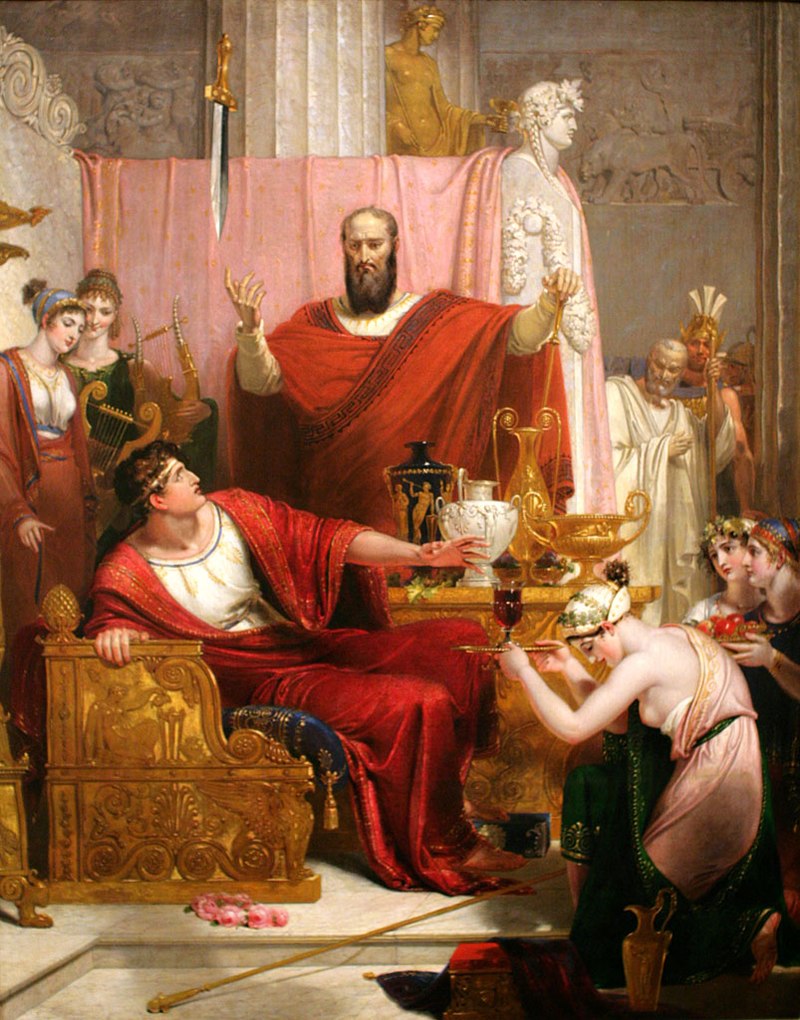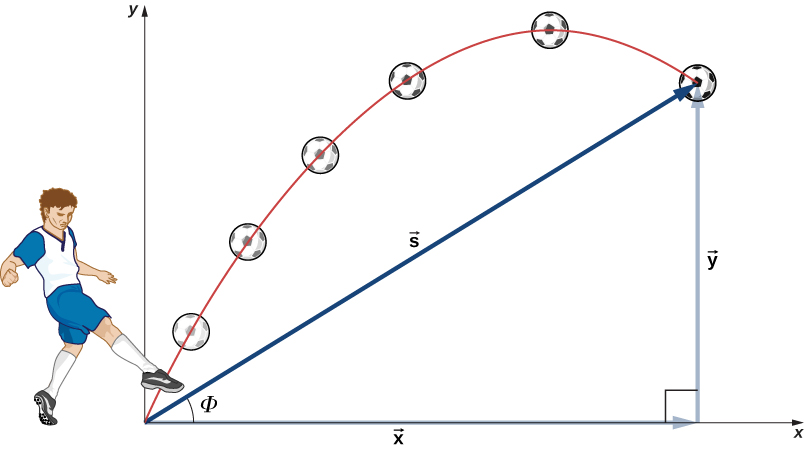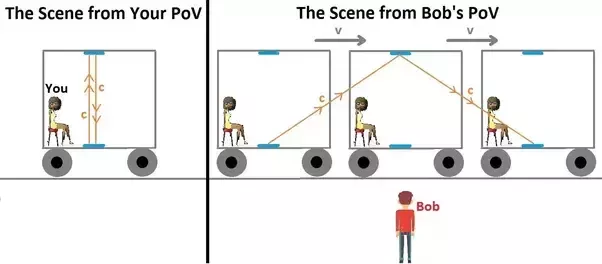
Damocles: Parable of the Sword
Though we're almost two decades into the 21st century, many of our cultural references are still derived from mythological sources. "The Midas Touch," indicating a person gifted with the ability to succeed at every endeavor, is one. "The Sword of Damocles," in reference to a terrible threat, is another. Ironically, we often misuse both phrases, for their presumed meaning differs considerably from their original one. We know from a previous encounter with Midas (April 22) that he didn't succeed at everything. In fact, the buffoonish, but kindly, king generally made a mess of most matters. The Sword of Damocles doesn't refer to a horrible threat at all, but instead was something of a parable, as we shall see. The story begins with Dionysius, the Sicilian king, not the god of wine and merriment. Dionysius II ruled the Sicilian kingdom of Syracuse. From most accounts, his was a cruel reign of harsh laws brutally enforced. Moreover, he implemented a draconian tax code that all but impoverished most of his subjects, including many of those in his royal court. One courtier, named Damocles, particularly detested his poverty. Though he spent the greater part of the day surrounded by palatial opulence, Damocles' lodgings were Spartan, his meals meagre, and his life seemed little more than a series of drudgeries. One morning he felt so desperate about his life that he dared to address King Dionysius II, himself. "My liege," he said audaciously, "your life is so blessed and abundant in riches. How I wish my home was so luxurious and my larder so well stocked." Apart from being affronted by this impertinent statement, Dionysius gently replied, "Would you care to trade places with me?" Damocles beamed. "Oh, if only I could. It is my greatest wish of all. How happy I would be!" Saying no more, Dionysius turned away from Damocles and attended to other matters. The next morning, Damocles reported to the court and started at once to attend to his duties. However, on seeing Damocles, a soldier bowed low in his direction and said, "Good morning, your majesty." Damocles thought the soldier was behaving in jest until all the other court attendants treated him in a similar vein. They all bowed low, diverted their eyes and referred to him as "your majesty." The chef brought out a tray laden with the finest foods. "Your breakfast is ready, your majesty. Pray be seated." Damocles suddenly felt quite uncomfortable and looked around nervously for King Dionysius II. A moment later the king appeared. To Damocles' astonishment, the King said, "Please sit down to eat...your majesty." Still standing, Damocles regarded him frightfully. "I don't understand." Dionysius approached him. "You are the King, now, Damocles I. I have relinquished my throne to you." "W...w...why did you d...do that?!" Damocles asked with a stammer. Dionysius replied with a smile, a sight very few had ever seen. "Because you told me that you desired my life above all other things. I have grown weary of ruling and have chosen you as my successor. Rejoice! Rule well. But, first of all, eat! The food is growing cold." Damocles uneasily sat down and while the others looked on admiringly, he partook of the finest breakfast he had ever eaten. He was so enthralled by the delicacies that at first he didn't notice that he was seated on the softest cushion he had ever felt. Though still bewildered by this abrupt lifestyle change, Damocles was beginning to truly enjoy his new situation. He relished the food and reclined on the cushion. Soon he experienced a sudden drowsiness and said, "I would love to take a nap now." Dionysius answered, "By all means, please do so. You are the king and may do as you please." Damocles leaned back and as he drifted off to sleep murmured, "I am the happiest person in the world." Damocles awoke a couple hours later and after a moment remembered his new good fortune. "I am awake!" he announced, his voice noticeably more stentorian than it had ever been. "Impeccable timing, sire," the chef said. "Lunch is about to be served." Damocles rubbed his hands together and prepared to dine when he suddenly looked up and to his horror saw a sword dangling precariously by a single strand of horsehair. Not only did it point downward, but its tip was only slightly above his head. "What is that?!" he demanded, his voice much more high pitched than usual. "A sword," Dionysius explained calmly. "Why is it there?" Damocles asked, staring frightfully at the glittering blade. "Because you are king," Dionysius answered. "You occupy the pinnacle of our world. Many people, actually most people, desire to have your position now. Some of them would love to kill you and usurp your throne. One never knows who might harbor such ambitions. Many of those in your own court secretly covet the throne and would think nothing of slitting your throat in your sleep. In fact, the next time you decide to nap during the day, be sure to be locked in your bedroom with your most loyal soldiers standing guard." Damocles scanned the room. "Which are the most loyal ones?" he asked. "That," Dionysius said, "is a matter you must decide for yourself. You must trust your instincts as to who you may trust and who you cannot trust." Damocles looked back up at the sword. "What if I'm wrong?" "You'll probably be assassinated." Damocles sat bolt upright. "How long will that sword be above me?" Dionysius looked slightly sad. "Every day for the remainder of your life." Damolces gulped. "That long?" Dionysius smiled again. "It might not be long at all." Even though the lunch set before him was even more delectable than the breakfast, Damocles suddenly had no appetite. He remained silent for a few moments. During that time, he cast furtive glances at both the sword point above him and the previous king in front of him. Finally, he said, "Your majesty, would you care to become your majesty, again? I don't think I desire to be king any longer." Dionysius frowned. "You proclaimed to have been the happiest person a few hours ago." Damocles sighed. "That was before the sword arrived." So, Dionysius II remained Dionysius II. Damocles rose from the table and promptly attended to his duties. It was said that on that very evening, Damocles returned to his humble domicile. He dined on lukewarm porridge and then curled into his hard, unkempt bed and, by his own account, never slept more soundly in his life.
THE SOUTHWORTH PLANETARIUM
207-780-4249 www.usm.maine.edu/planet
70 Falmouth Street Portland, Maine 04103
43.6667° N 70.2667° W
Altitude: 10 feet below sea level
Founded January 1970
Julian Date: 24591120.16
2020-2021: XIX
THE DAILY ASTRONOMER
Monday, September 28, 2020
Remote Planetarium 97: Special Relativity I
As we progress further into outer space, it is incumbent on us to delve more deeply into many of the physical laws governing the Universe. Two of the most important theories related to space-time are the Special Theory of Relativity (1905) and the General Theory of Relativity (1916). The first pertains to the speed of light, the second to gravitation. Before we continue with our cosmic tour, we'll devote some time to the Special Theory of Relativity and its astonishing precepts. We'll cover General Relativity next week.
We begin with a rapid review of Newtonian mechanics, named for Sir Isaac Newton (1643-1727), the patriarch of physical sciences. Newtonian laws viewed space and time as disparate forces that did not influence each other. Objects moved from one point in space to another in a fixed amount of time. The image below depicts a projectile motion diagram of a young person kicking a soccer ball.

The motion laws derived from Newtonian mechanics enable us to predict a macroscopic object's position provided we know its initial conditions. The above diagram shows a soccer player kicking a ball. As the ball is moving under gravity's influence, it describes a parabolic arc from the kicking location to its landing point. Although Newton's laws yield accurate results at low velocities and in weak gravitational fields,* they are far less accurate at high speeds or in regions of strong gravity.
From a Newtonian standpoint, we can know the location and speed of that ball at any given moment provided we have information related to the initial conditions, such as the applied force, the angle of the kick and the planet's surface gravity. We can then perform a series of mathematical operations to determine the object's speed and position at any given time. While these calculations become somewhat dodgy when one includes details such as air resistance, the principle remains the same: a ball moves through space in a given amount of time. The ball's motion exerts no influence over the progression of time.
Classical mechanics, those based on Newtonian laws, withstood scrutiny quite well for the two centuries following Newton's 1687 publication of "Philosophiae Naturalis Principia Mathematica" (Mathematical Principles of Natural Philosophy). Then, in 1881, Albert Michelson performed an experiment to detect the aether, the substance believed to have pervaded the Universe and through which light was believed to propagate. Scientists based the notion of the ether on the behaviour of Earth-bound waves, such as those traveling through air and water. For instance, sound waves require a medium through which to move. Light, being wave-like, was also thought to have required its own medium. Physicists reasoned that Earth would produce an "aether wind" as it moved through space, akin to the disturbances a ship induces in water. The aim was to compare light speed as measured along the direction of Earth's motion to that in a direction perpendicular to it. Michelson found no difference at all when he first conducted the experiment and again in 1887 when he repeated it with the assistance of Edward Morley. Aether was found not to exist. Light waves move through a vacuum.
This famous Michelson-Morley experiment, as it is now called, was one of the principal findings that led a patent clerk named Albert Einstein to formulate his "Special Theory of Relativity," in 1905. The theory's fundamental postulate states that:
The speed of light is the same in all inertial reference frames.
[Speed of light = 299,792,458 metres per second.]
The statement, itself, seems simple enough. However, its ramifications are incredible, almost preposterous. Not only did Special Relativity constitute a tectonic shift of the Newtonian paradigm, it forever after wed space and time to form a hyperdimensional continuum called "Space-time."
The first aspect of relativity we'll discuss is the most startling one, that of time dilation. A moving vessel's velocity can literally dilate time. To understand the correlation between this postulate and time, we'll conduct a thought experiment. We're going to place you in a train car. Glass covers both sides of the car. A mirror is attached to the floor and another mirror is directly above it on the ceiling. A light source shoots a beam directly up from the floor toward the ceiling mirror. The reflected light then moves toward the floor mirror. A friend, named Bob, stands next to the train tracks and watches you as your train moves past him. Refer to the diagram below.

As the train moves, the light beam moves up and down between the mirrors. From your perspective, the beam consists of two straight vertical lines connecting the mirrors. However, from Bob's perspective, the light beam forms a triangle, the base of which is parallel to the train tracks. Because this scenario is a thought experiment, we can imagine that Bob can actually see the entire triangular path as the train travels. We know the distance of the two vertical beams you see is less than the distance along the triangle that Bob observes. We now remember that:

Einstein's postulate states that light speed is constant in all inertial reference frames. So, Bob measures the same speed of light as you would measure. We have already established that the light beam distance is greater for Bob than for you. Since the rate is constant, but the distances differ, time, itself, must change, itself. Your time frame is not the same as Bob's. In fact, the faster you move, the greater the time dilation becomes. Practically, this time dilation effect is very slight for velocities below half the speed of light. However, once the speeds exceed this threshold, the time dilation effects become quite significant:
-If you're moving at 50% light speed, a stationary observer will experience 1 day, three hours and 36 minutes for every single day you experience.
-If you're traveling at 90% light speed, a stationary observer such as Bob will experience two and one quarter days for every single day you experience.
-Accelerate up to 99.9999% light speed and a stationary observer will experience about TWO YEARS for every since you experience.
-If -and, Kirk, this seems to be an impossible if- you could travel at light speed, time aboard your vessel will stop entirely. So, for instance, an entire century could elapse for a stationary observer in what to you would literally be an instant! One would experience immense difficulties when trying to accelerate to this speed, as we shall learn tomorrow.
At this point, we must address a very popular misconception: one cannot go backward in time by moving faster than light speed simple because:
Nothing can exceed the speed of light in a vacuum!
Light speed is the ultimate speed limit. Nothing can move faster than light propagating through a vacuum according to Special Relativity. Scientists have found no evidence to contradict this tenet, either.**
Tomorrow, we'll continue this discussion about Special Relativity. Its effect on time, space, matter and, of course, energy.
*Yes, Earth's gravitational field is quite weak compared to the fields around stars and negligibly weak when compared to those surrounding neutron stars and black holes.
**Light speed is lower when it passes through other media, such as water. Some objects such as electrons can exceed this speed. When they do they produce a strange bluish glow called "Cherenkov Radiation."
To subscribe or unsubscribe from the Daily Astronomer: